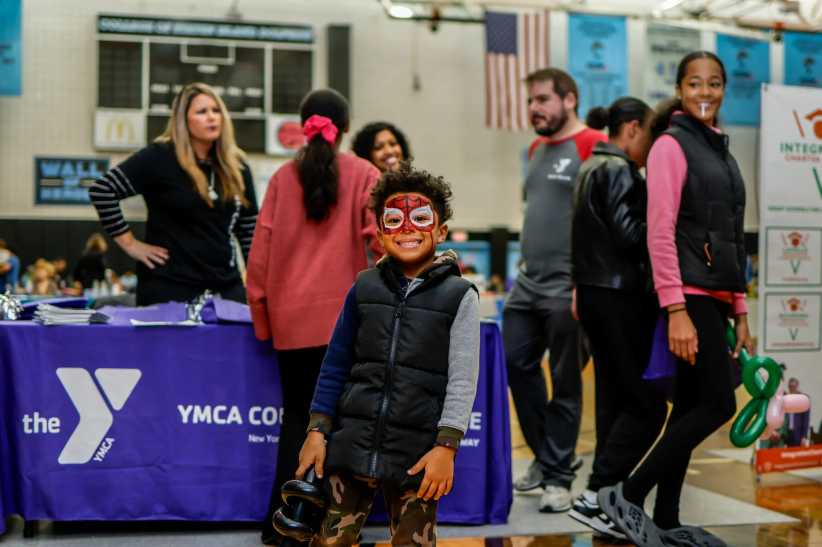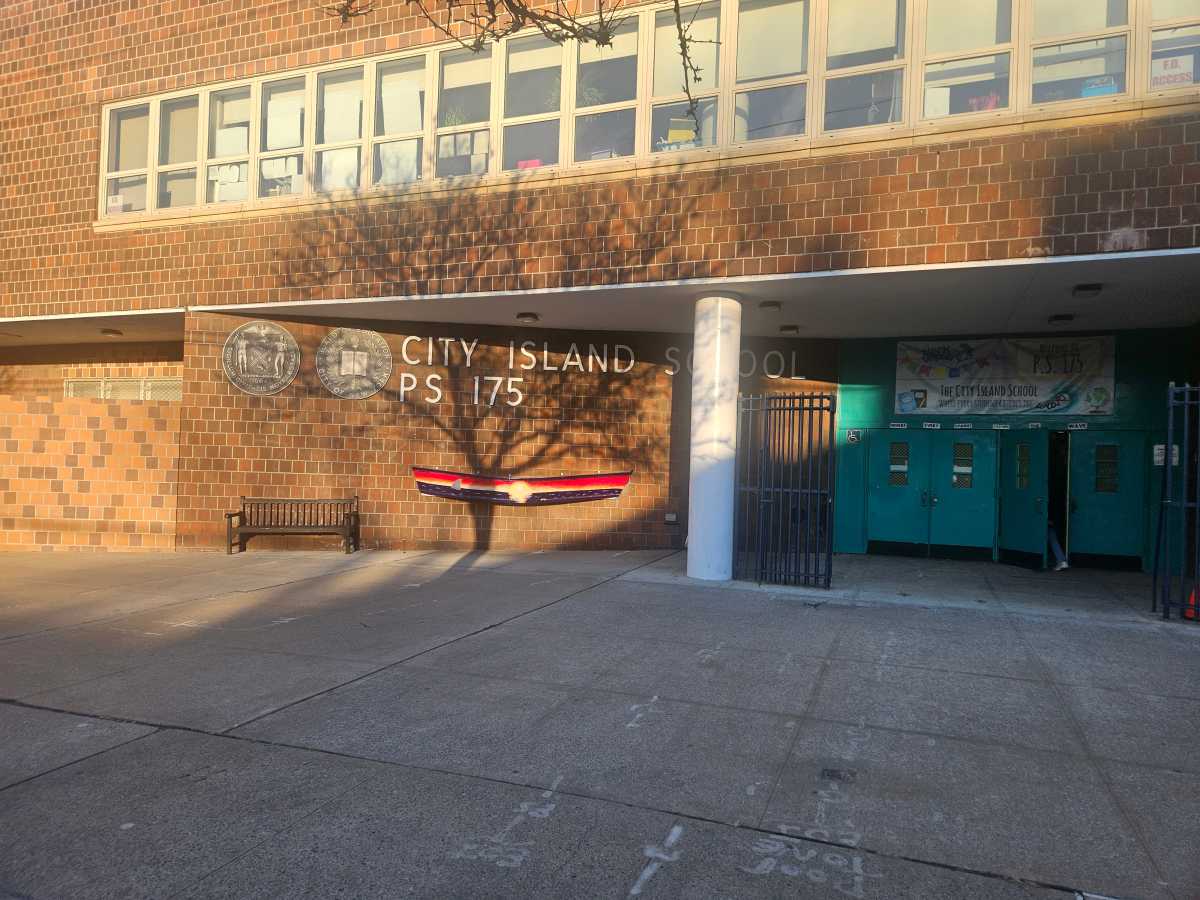Too often, out-of-school time presents an underrated opportunity for child development, especially for children with special needs. When thinking about children with exceptionalities, we frequently identify their barriers to success around intellectual difficulties. As a result of this notion and the amount of time they spend in school settings, many of the interventions we provide to those with developmental disabilities are academic in nature. These supports often fail to address underlying social deficits.
Encouraging increased social proficiency among children with disabilities can improve overall outcomes not limited to social skills, but also improved mental health and career readiness. One of the best times to do this is during school breaks.
Children with a wide variety of special needs are often less able to naturally acquire social concepts as well as their typically developing peers. We can better support these children by providing opportunities to practice and understand pragmatics of language. A foundational component of this skill set would include an understanding of the purpose of language.
For example, some children do not naturally understand that language can be used to introduce oneself to another, or appropriately request a want or a need. Children with a range of exceptionalities can benefit from graphic organizers depicting the different purposes for using language, as well as key phrases to support those purposes.
Assess functioning and potential
When parents are deciding how to best support their children’s social development during the summer months, they should focus on their child’s current level of social functioning and underlying potential. There is no substitute for a parent’s intuition. Some measures of this are clear — including whether or not the child is willing to play with others — while other dimensions are not directly observable, but are important to understanding a child’s social potential. One such idea is that of Theory of Mind, which is the notion that individuals will have different thoughts than our own, and an awareness of these thoughts should inform our interactions with individuals. Obviously, this is a concept not readily articulated by most children, but it is a concept that underlies the ability to be socially successful.
Parents should be comfortable asking their children’s teachers for a qualitative assessment of the child’s level of socialization. Given the work schedules of many parents today, school teachers often have more of an opportunity to observe the child in social settings than parents.
Your child’s special-education teacher should be expected to give specific examples of positive social interactions he has witnessed the child having, as well as examples of interactions that could have been more successful. The teacher should also be comfortable enough to identify social skills that can be developed to improve upon these interactions.
Professionals with more clinical expertise — including your child’s speech-and-language pathologist, social worker, or psychologist — should also be able to identify discreet social tasks that can support the development of these potential social skills.
Appropriate activities to develop social skills during times when children are not in school can include after-school or weekend programs, and enrollment in summer camps supporting the social development of children with special needs. Assessing the appropriateness of each type of activity depends upon your child’s level of readiness.
Finding effective programs
Most children with special needs benefit from a combination of both unstructured and structured social learning opportunities. Effective summer recreational programs will have the benefit of both. An eight-hour camp day may include 40 minutes devoted to explicit instruction around predetermined areas of social interaction. Program staff would then attempt to elicit these skills within the activities during the other parts of the day. This not only serves to directly foster children’s development of these skills, but also serves to ensure that staff members are watching for and cultivating the utilization of these skills.
When selecting your child’s program, you should ask staff to identify the range of developmental disabilities that they are equipped to support, as well as the structures built into their program to support that range of needs. Programs should be able to describe their process for hiring and training direct-care staff, as well as the expected benefits that parents should see from their specific program. It is not enough for programs to be merely providing respite for a child’s caretaker. Staff should be able to articulate how acquired social skills can be generalized throughout their program, rather than taught and exhibited in mere isolation. The summer break months or weeks can be quite formative and should not be seen as less developmentally important than typical school time.
Scholarships and financing
Enrollment in such programming can be expensive and represent a difficult burden for families in these difficult economic times. Parents should not hesitate to raise this issue with program staff and inquire about scholarship opportunities from the providing agency, as well as outside foundations. In addition to financial support from individual programs, some families are able to receive support from charitable foundations and other agencies. Parents should ask what their options are and know that there are many ways of financing what may seem daunting and unaffordable.
Brian Faughnan is the Special Needs Director at the JCC of Staten Island. Faughnan holds an Master of Science degree in Special Education.













